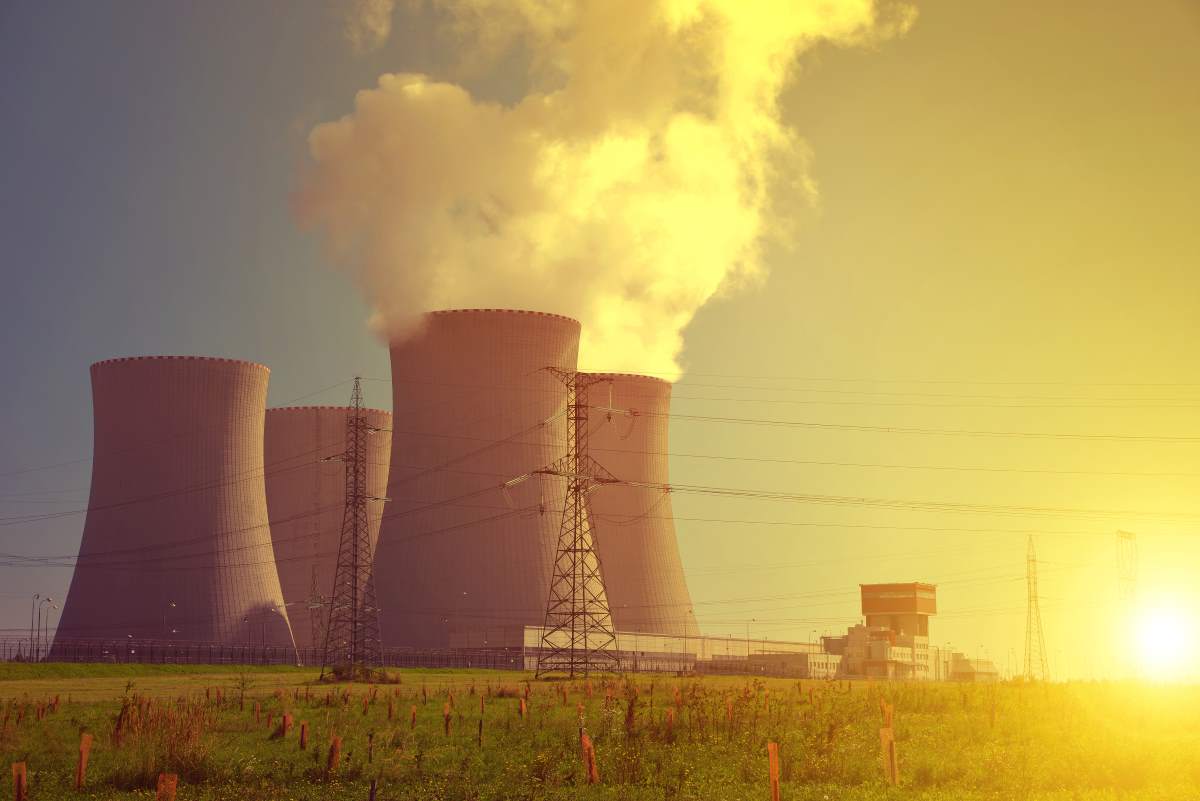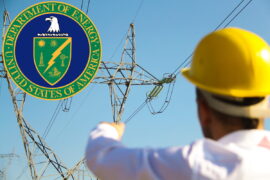World leaders seriously fear cyber-attacks according to new Global Risks report

The folks at Davos fear cyber-attacks as much as natural disasters
According to the latest Global Risks Report just brought out by World Economic Forum, leaders fear cyber-attacks on par with economics, environmental and geopolitical concerns. I guess this means we have made it as an industry – watch out Hollywood!
The Global Risks Report 2018 covers more risks than ever, but focuses in particular on four key areas: environmental degradation, cybersecurity breaches, economic strains and geopolitical tensions. And in a new series called “Future Shocks” the report cautions against complacency and highlights the need to prepare for sudden and dramatic disruptions.
It is the first time that cyber-attacks per se have made the Forum’s top five global risks in terms of likelihood since 2014, with data fraud or theft also listed in fourth place this year.
What that shows, as outlined in the latest report, is just how much cyber-risks have intensified, particularly in 2017, both in their prevalence and disruptive potential. Notable examples were the WannaCry attack, which affected 300,000 computers across 150 countries, and NotPetya, which caused quarterly losses of $300m for a number of impacted businesses.
Speaking at the press conference Margareta Drzeniek-Hanouz, head of economic progress, World Economic Forum, said that cyber-risks are affecting society and the economy in “new, broader ways,” impacting not just the corporate sector but also government infrastructures, the geopolitical sphere and society in general.
[optin-monster-shortcode id=”dv4jqlr9fih8giagcylw”]
John Drzik, president, Global Risk and Digital at Marsh, added that, looking forward, the “scale and sophistication of attacks is going to grow” as the cyber-exposure of businesses increases with the proliferation of interconnected devices, widening the attack surface.
Therefore, there is a need for greater investment in cyber-risk management, he added, suggesting “we are still under resourced in the amount of effort put into trying to mitigate this risk.
“Cyber is at or above the scale of natural catastrophes [in terms of financial damage caused] and yet the comparative infrastructure is much smaller in scale.
“This is [also] an environment in which businesses could find a wide number of shocks,” and building resilience needs to be involved in any plans when exploring business opportunities.
Specifically, the report labeled cyberattacks as their third-largest global threat that is most likely to happen in the next five years. This is important for CXOs to be aware of, as the executive summary noted attacks against businesses have almost doubled in the past five years, and they are growing in complexity.
The financial impact of such attacks is also growing. NotPetya, for example, caused losses of $300 million per quarter for some companies, the report said. And some 64% of all malicious emails contained ransomware—a form of malware that demands monetary payment for a release of encrypted data.
According to the experts, you are very correct to fear cyber-attacks. A cyber-attack against a major cloud computing firm could cause as much financial damage as Hurricane Sandy or Hurricane Katrina, the World Economic Forum and risk manager Marsh have warned.
Increasing numbers of businesses and individuals rely on cloud services for their IT, trusting some of the world’s biggest technology companies to offer safe, good value services over the internet.










